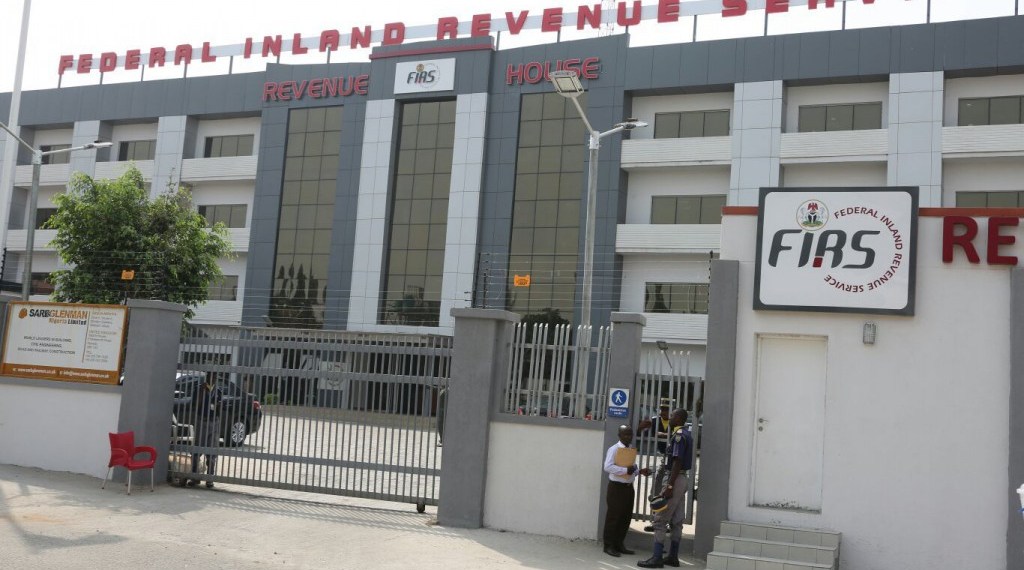The Federal Inland Revenue Service (FIRS) presented a budget of N228 billion for the fiscal year 2022, before the National Assembly with some components attracting public concern over their incongruity with prevailing realities across the country. For instance, the agency presented a budget of N228 billion out of which N17.8 billion, about 8% of the total, is for miscellaneous items, N7.9 billion for donations, N2.8 billion for uniforms, N370 million for sitting allowances of board members, and N550 million for feeding allowance, among other disturbing entries.
An interesting twist in the agency’s budget was its futile effort to debunk the validity of some aspects of its own submissions after such had reached the public domain, with the claim that they were not its final submissions, to the federal legislature. The provisions of the budget shocked many Nigerians, and justifiably so when viewed against the current economic realities of the country. Now, the public is watching to see how the National Assembly will react to the agency’s request.
- Ohanaeze begs IPOB for peace as FG insists on Anambra election
- COVID-19: 4th wave imminent as Lagos begins vaccination of 4m residents
In considering the merit of the 2022 FIRS budget, at least three factors among others, need to guide the National Assembly. Firstly is the fact that with a revenue target of N10 trillion by the agency for 2022, its budget of N228 billion provides tax revenue to cost of collection of 2.3%, which is one of the highest in the world; similar ratios for most advanced countries fall below 1%. This factor betrays the FIRS as one of the most inefficient tax collector agencies across the world and accentuates the need to subject its budget to significant scrutiny by the National Assembly. To buttress the inefficiency of the FIRS is the fact that the ratio of Nigeria’s tax collection to Gross Domestic Product (GDP) is 6.3% in recent years, which compares poorly with the 16.5% average for Africa’s more progressive countries and an average of 40% for advanced countries. In the context of the foregoing, FIRS should be targeting around N30 trillion for 2022, at the minimum.
The third factor is the outright dissonance between several entries in the FIRS budget and prevailing economic and political realities in the country. Not only are such items over-rated and allocated disproportionately, but their relevance also remains questionable. Typical among these are allocations for uniforms which the agency claims to be for endowing its staff with corporate look, donations, sitting allowances for board members as well as the provisions for the nebulous item dubbed ‘miscellaneous’. Needless to point out that many of these items do not project the needed reformist profile of the agency, just as they may actually be out of tune with prevailing conditions of service in the country’s public service terrain. It should not be in doubt that if the National Assembly applies due scrutiny, significant savings can be made from its screening of the FIRS 2022 budget.
It is easy to appreciate that the FIRS leadership may be riding on the mindset that as a revenue mobilizing agency, it should enjoy outstanding reliefs from the revenue it is collecting for the country. While such a mindset may not be sacrilegious in the circumstances, what it should enjoy must be modest and the justification for such remains the attainment of its legitimate performance targets. As of now, that is not the case for the FIRS, as it is for all practical intents and purposes, operating below its expected target. This consideration should also guide the National Assembly to investigate the FIRS, especially in respect of tracking how far the approved reforms in the agency have been effected.
Of course, the consideration of the 2022 budget of the FIRS, cannot be complete without mention of the recent contest of the agency’s right to collect the Value Added Tax (VAT), by at least two states of the federation – Rivers and Lagos – with others likely to follow suit. In the circumstances, the National Assembly owes the country a duty to use the opportunity of the consideration of the 2022 FIRS budget to facilitate a reinvention of the agency in line with the imperative of improving its service delivery compact according to the socio-economic realities of the country.

 Join Daily Trust WhatsApp Community For Quick Access To News and Happenings Around You.
Join Daily Trust WhatsApp Community For Quick Access To News and Happenings Around You.


